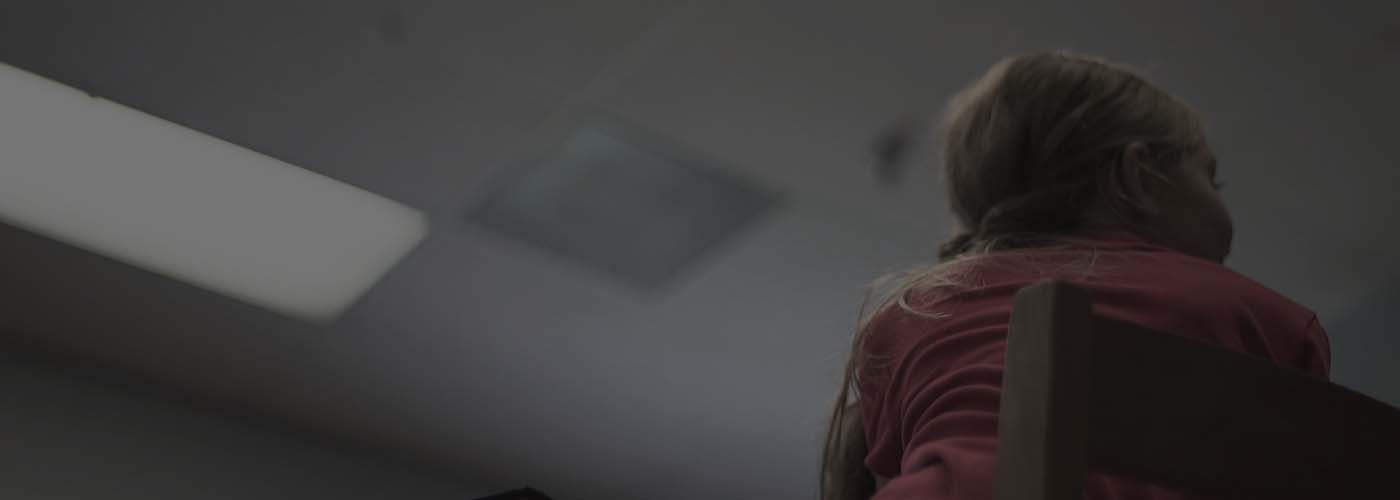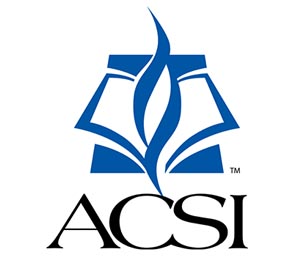Your children’s education will equip them with the knowledge and skills they need to make their way in the world. It will also influence their relationship with God, aid in forming their character, and help determine how they see the world and perceive others. With all the educational options available today, how can parents choose the best one for their children?
NorthBay Christian Academy offers a classical education. The classical approach is not new; it is a restoration of the most proven form of education. Classical education produced the greatest thinkers, spiritual leaders, and government leaders in the western world from the time of the Greeks until the late nineteenth century.
In the past fifty years, modern education has disassembled the classical educational system that took thousands of years to refine and establish. Are the former ways still relevant today? Yes! Classical education’s focus on developing the tools of learning, thinking, and articulating will benefit students now as much as it ever has.
WHAT IS A CLASSICAL EDUCATION?
At NorthBay, our classical educational program strives to develop in students a lifestyle of learning that they will carry with them long after their formal education ends. We begin by providing a foundation of knowledge based on history and great books. Then, we teach them to enjoy investigation and learning and to seek out more information through research. This approach cultivates thinking, articulate students able to develop facts into arguments and convey those arguments clearly and persuasively.
In 1947, Dorothy Sayers, a pioneer in the return to classical education, observed, “although we often succeed in teaching our pupils ‘subjects,’ we fail lamentably on the whole in teaching them how to think.” Classical education develops independent learning skills on the foundation of language, logic, and history. It prepares students for higher education and gives them skills useful throughout life – independent scholarship, critical thinking, logical analysis, and a love for learning.
NorthBay’s classical education presents ideas in an orderly way. History is taught chronologically. (Students begin their study of history by learning about ancient civilizations and, over a four-year period, continue through to modern history.) Relationships between academic disciplines, historical events, and people are taught. This helps the students understand history as a coherent whole. It also prevents an egocentric outlook. Each student learns his proper place in the world by seeing the broad sweep of history and then fitting his own time and place into the larger picture. Also, students will see the relationships between events (e.g. the effective of the Roman Empire on the development of the early church).
Math lessons are presented methodically with new concepts introduced after foundational ones have been learned. Students at NorthBay study great works of literature from the very beginning of their education. As they progress in intellectual ability and maturity, they move from reading adaptations toward studying the original works of Homer, Shakespeare, and many other great writers of classic literature from ancient to modern times.
The Trivium
The classical approach combines rigorous academic learning with a teaching style that sparks students’ interest. It encourages students to do what they naturally enjoy during their different developmental stages.
Grammar Stage – Grades 1 – 4 – Teaching during this stage supplies the student with the knowledge and skills that will provide the foundation for learning, analysis, and creativity as his mind matures. The emphasis is on accumulating information – stories of different people and places; names of continents, countries, oceans, rivers; properties of matter and scientific names; the parts of speech and parts of a sentence; math facts; etc. Children at this age enjoy repetition and the accomplishment of memorizing information and storing knowledge.
Logic Stage – Grades 5 – 8 – These middle school students begin to question why things happen the way they do, so teaching at this stage focuses on critical thinking, allowing them to take the facts they learned in the grammar stage, evaluate them, and discover the relationships among them. While students continue to gather new facts, the emphasis moves to developing the students’ abilities to evaluate the information they learn, make connections between different facts and events, and analyze the arguments of others.
Rhetoric Stage – Grades 9 – 12 – Students who continue with a classical education move into the Rhetoric Stage in grades nine through twelve, where they learn the art of communicating effectively through speaking and writing.
A rigorous classical academic program develops a true sense of accomplishment in students, encouraging them to challenge themselves and enjoy the rewards of accomplishment. It fosters an authentic self-esteem and confidence more than the artificially positive and soft grading scales sometimes favored in modern educational settings.
How is the Christian Element of a Classical Education Taught?
A biblical worldview is a vital element of NorthBay’s Christian Classical education. We believe that the fear of the Lord is the beginning of wisdom. Therefore, facts, whether scientific, mathematical, historical, or otherwise, can only represent truth if they are taught in the context of a Christian worldview. The classical method’s Christian worldview is more than a Bible class. It shows all of the natural world and its history through the lens of God’s sovereign will. Students benefit greatly when presented with the complete picture, including the spiritual viewpoint.
Teachers and parents present these studies in relation to our own faith. Families can discuss the ways God reveals himself to us and how that has changed throughout history. Using a biblical approach allows families to present their students with the ideas, philosophies, and religions that have shaped our present world from the perspective of a biblical worldview throughout their education. Students who don’t learn to think biblically about these varied influences often encounter them for the first time in college and have their faith shaken. When we study the development of western culture with a biblical worldview, we are better equipped to witness and minister to the members of our society; we know the ideas behind the culture and the flaws and weaknesses behind the arguments and philosophies.
Raising up a generation of intellectually well-equipped Christians could have a huge influence on our world. The benefit to your child is obvious – he will have an intellectual advantage over the great majority of students educated in the modern way. But a whole generation of students receiving a Classical Education with a biblical worldview could have an impact on society for centuries to come.
“For the tools of learning are the same, in any and every subject; and the person who knows how to use them will, at any age, get the mastery of a new subject in half the time and with a quarter of the effort expended by the person who has not the tools at his command. To learn six subjects without remembering how they were learned does nothing to ease the approach to a seventh; to have learned and remembered the art of learning makes the approach to every subject an open door…For the sole true end of education is simply this: to teach men how to learn for themselves; and whatever instruction fails to do this is effort spent in vain.”
– Dorothy Sayers



